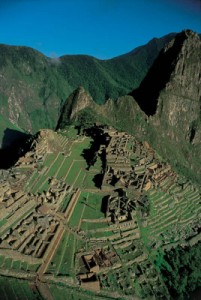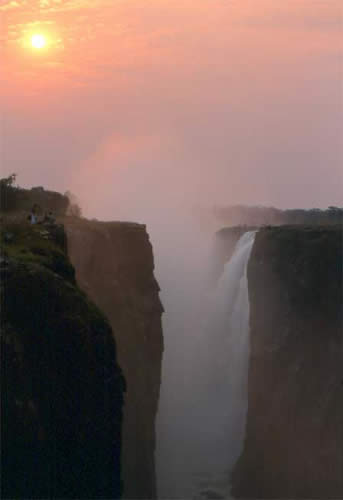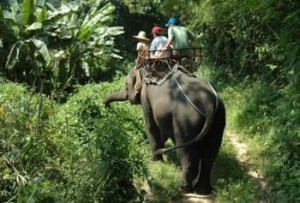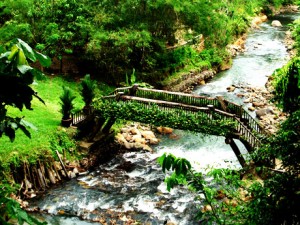 From Toronto Bruce Poon Tip founder of Gap Adventures and Planeterra announced today the appointment of Megan Epler Wood as Director of
From Toronto Bruce Poon Tip founder of Gap Adventures and Planeterra announced today the appointment of Megan Epler Wood as Director of  Planeterra, a global non-profit dedicated to sustainable community development through travel and voluntourism. Epler Wood will share duties with newly named Associate Director Paula Vlamings. A pioneer in the field of sustainable travel and founder and past-president of the The International Ecotourism Society (TIES), Epler Wood has devoted her life to helping governments, travelers, and businesses throughout the world understand how tourism can be a tool to conserve threatened natural areas and help alleviate poverty. Epler Wood has increasingly focused on the economics of tourism as a tactic to combat poverty, demonstrating how tourist dollars can help countries to ethically and sustainably develop even in the most challenging circumstances.
Planeterra, a global non-profit dedicated to sustainable community development through travel and voluntourism. Epler Wood will share duties with newly named Associate Director Paula Vlamings. A pioneer in the field of sustainable travel and founder and past-president of the The International Ecotourism Society (TIES), Epler Wood has devoted her life to helping governments, travelers, and businesses throughout the world understand how tourism can be a tool to conserve threatened natural areas and help alleviate poverty. Epler Wood has increasingly focused on the economics of tourism as a tactic to combat poverty, demonstrating how tourist dollars can help countries to ethically and sustainably develop even in the most challenging circumstances.
In making the appointment Bruce Tip Poon said, “I have known Megan for many years and have such deep respect for her and for her commitment and leadership in defining and building on her vision for sustainable travel. She is the best person on Earth to lead Planeterra and expand its programs’ influence,”
Founded by Poon Tip in 2003, Planeterra evolved from adventure travel leader Gap Adventures’ commitment to give back to the people and places its travelers visit. The organization supports projects throughout the world in health, education, and community development and arranges sustainable voluntour travel programs.









